 Latin America
Latin America Paraguay
Our activities in Paraguay are part of the CoopSur project. We work with cooperatives and other forms of member-based cooperation in the agricultural and financial sector. The objectives of the project follow a multi-level approach and address the issues of sustainability, protection, competitiveness, stability and continuous training. We support the federations or centrals and their […]
More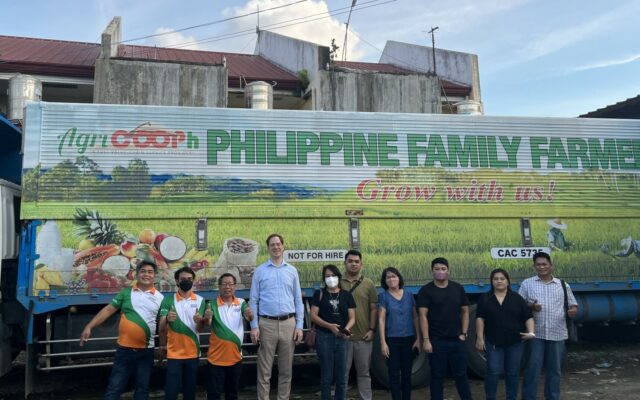 Asia
Asia Philippines
The cooperative movement in the Philippines looks back to a history of more than 120 years. There are more than 19,000 cooperatives in the country with more than 7,5 million members. The majority of them is multipurpose (i.e., operating business lines in multiple sectors) mostly with a strong focus on credit operations. In many cases, […]
More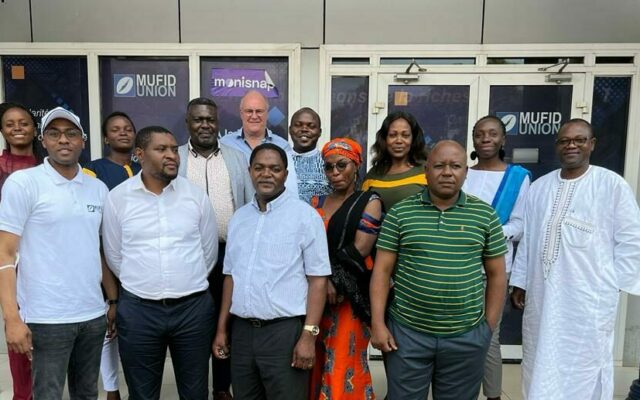 Africa
Africa Cameroon
Cameroon is a country with about 26.6 million inhabitants. It borders Nigeria, Chad, the Central African Republic, the Republic of Congo, Gabon, Equatorial Guinea, and the Atlantic Ocean. The largest cities are the capital Yaoundé and the port city Douala. The latter is an important hub for the landlocked member states of the Central African […]
More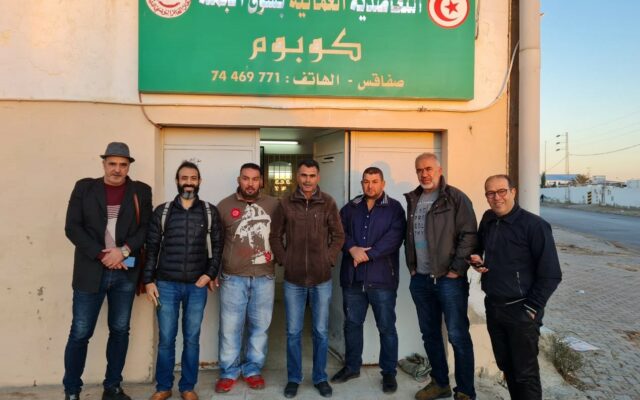 Africa
Africa Tunisia
DGRV has begun a longer-term approach to cooperative development in Tunisia. In 2017, DGRV received a request from the Tunisian Ministry of Agriculture, Water Resources and Fisheries (MARHP) to contribute its cooperative expertise to the revision of the legal framework in Tunisia. As a result, consultative and exploratory talks were held. Since January 2021, DGRV […]
More Africa
Africa Mozambique
In Mozambique we support primary cooperatives in different parts of the country and different value chains to be economically successful and sustainable. On a secondary and tertiary level, we are fostering exchange among cooperatives and explore the possibilities and benefits of formalized structures which create a benefit for members of primary cooperatives.
More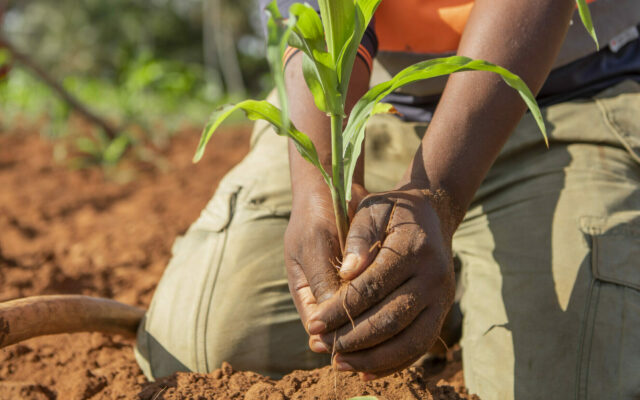 Africa
Africa South Africa
In South Africa we support different governmental institutions, cooperatives as well as traditional, indigenous structures to support primary cooperatives. Cooperatives are an important tool in South Africa to foster economic engagement of marginalized parts of society especially in rural and semi-urban settings. At the same time cooperatives play an important role when it comes to […]
More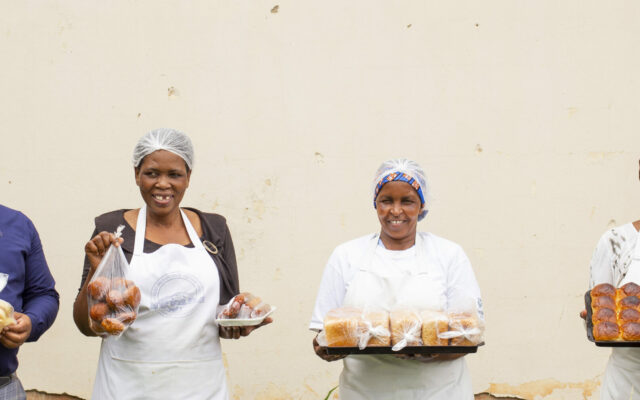 Africa
Africa Eswatini
In the small landlocked country of Eswatini we work with a well-established and prosperous cooperative sector which we supported and accompanied in the last couple of years to establish the National Cooperative Federation of Eswatini (NCFE) recognized by the government as the only Apex-body of the entire sector. DGRV is and will support the NCFE […]
More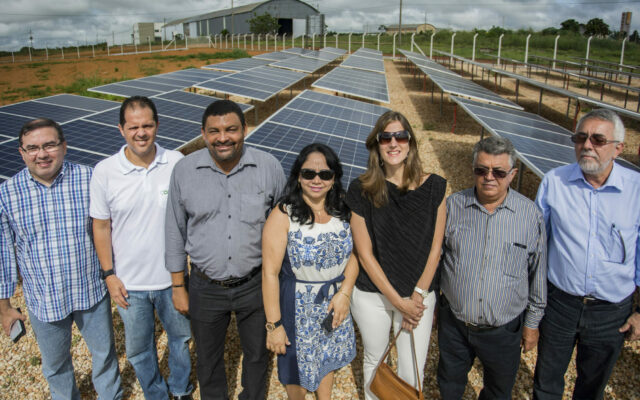 Latin America
Latin America Brazil
In Brazil we offer our support through a project financed by the Federal Ministry for Economic Cooperation and Development (BMZ).
More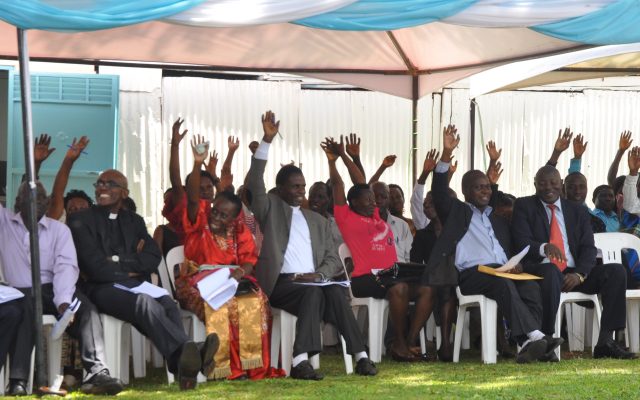 Africa
Africa Uganda
Since 2019, DGRV has been supporting Uganda’s cooperative sector through its office in Kampala. The project follows a medium- to long-term approach, aiming to bring structural improvements through sustainable capacity building and organizational development. Its interventions are purposefully aligned with Uganda’s National Development Plan III (2020/21 – 2024/25). DGRV is legally established as a non-profit […]
More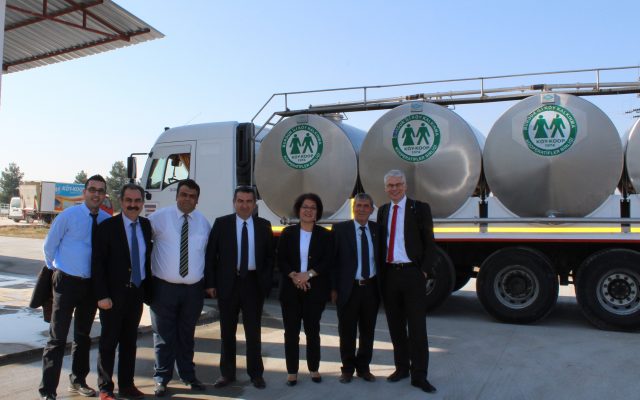 Asia
Asia Turkey
German-Turkish union co-operation to strengthen women and young skilled workers in agricultural cooperatives in Turkey The agricultural structure in Turkey is dominated by family farms. It is characterised by small, highly parcelled land, whose competitiveness, despite high subsidies, is low by European standards. Cooperatives are regarded as an essential organisational model to strengthen the competitiveness […]
More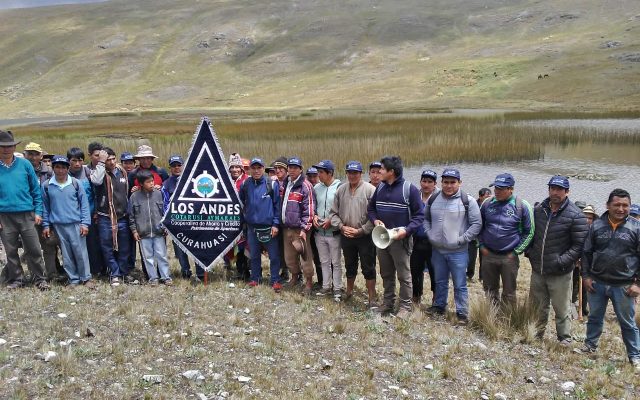 Latin America
Latin America Peru
Our activities in Peru are part of the CoopSur project. We work with cooperatives and other forms of member-based cooperation in the agricultural and financial sector. The objectives of the project follow a multi-level approach and address the issues of sustainability, protection, competitiveness, stability and continuous training. We support the federations or centrals and their […]
More Asia
Asia Vietnam
In the past, people in Vietnam had low trust in cooperatives in general, which hindered the participation of new members. Many of the established cooperatives are facing weak governance and ineffective business. To strengthen the cooperative field, DGRV has been operating in Vietnam since the end of 1990s by providing support at all levels. The […]
More Latin America
Latin America Mexico
Mexico is one of the priority countries in the DGRV’s project work in Latin America. Its marginalized population, which is to be given access to the formal economy through cooperatives, is mainly found in rural areas. For this reason, project activities are concentrated on rural and suburban regions in the states of Oaxaca, Chiapas, Michoacán […]
More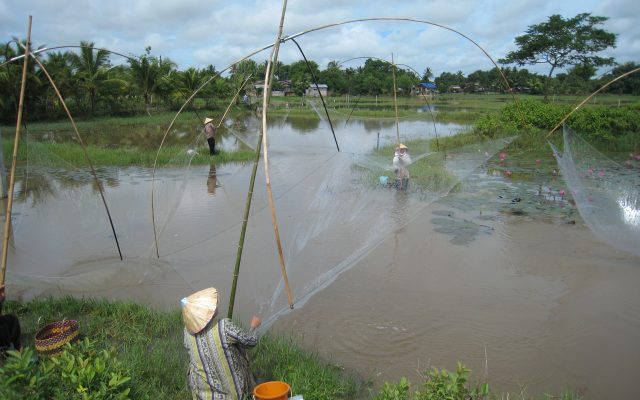 Asia
Asia Laos
With its country-wide programme in Lao PDR, DRGV aims at contributing to the improvement of the economic situation of farmers and micro-, small- and medium enterprises by strengthening self-help groups and cooperatives. The DGRV Team in Laos works on all three levels. On the Macro level the team advices the local partners, the Ministry of […]
More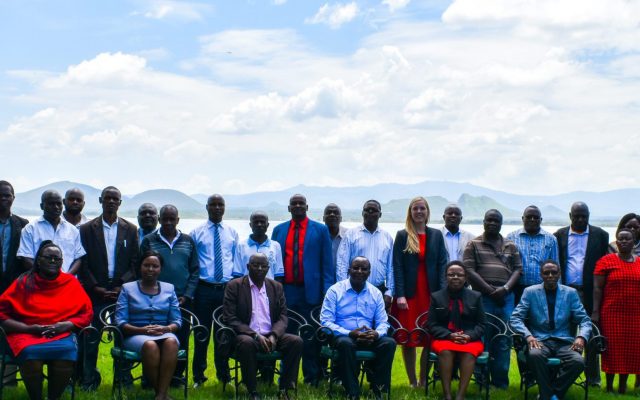 Africa
Africa Kenya
DGRV supports the Kenyan co-operative movement since more than 10 years by offering technical capacities through advisory services, training, and education programs to our Kenyan project partners. DGRV’s local office in Nairobi is operationalized through our local NGO ‘‘German Kenyan Cooperative Development’’. We are promoting a sustainable, inclusive, and innovative development of co-operative landscape. Besides […]
More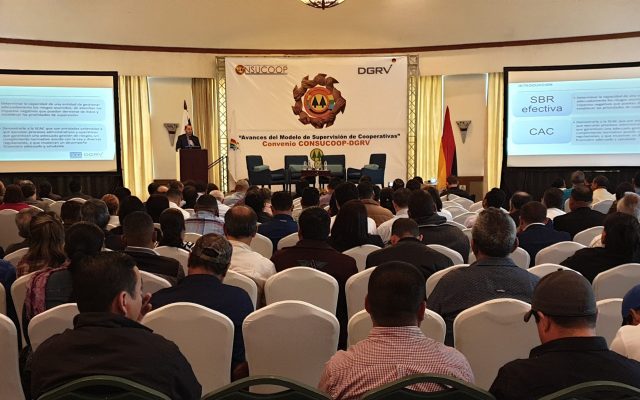 Latin America
Latin America Honduras
There are more than 2,500 savings and credit cooperatives (SCC), and production and service cooperatives in the country, which contribute around 5% to the country’s GDP. There are secondary institutions, such as FACACH, the national SCC federation, to which 88 SCC with around 850,000 members are affiliated. Amongst these members are more than 50% women […]
More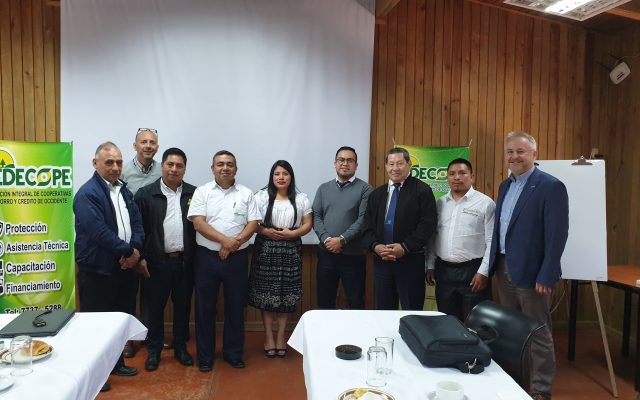 Latin America
Latin America Guatemala
Guatemala is one of the countries with the highest social and economic inequality in the world and a long-standing historical background of social exclusion. In the country, cooperatives make significant contributions towards reducing MSMEs and marginalized populations entry barriers to compete within the economic system. In addition, cooperatives provide their members with benefits according to […]
More Latin America
Latin America El Salvador
DGRV’s project work in El Salvador is focused on our partnership with the Federation FEDECACES (finance). FEDECACES is a cooperative second-tier institution that brings together a portion of El Salvador’s savings and credit cooperatives. The objective of the cooperation in the current phase of the project is to give continuity to the use of the […]
More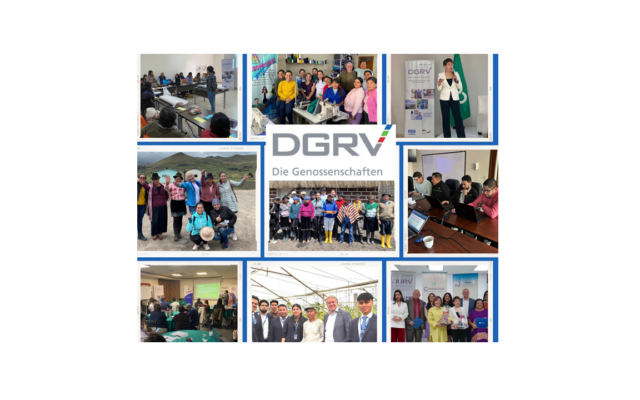 Latin America
Latin America Ecuador
DGRV is active nationwide in the Ecuadorian cooperative sector. The aim of the project is to improve the income situation of micro-entrepreneurs and family farms, as well as to secure the savings of members of savings and credit cooperatives. At makro level, the DGRV team in Ecuador advises the supervisor of the cooperative sector (SEPS) […]
More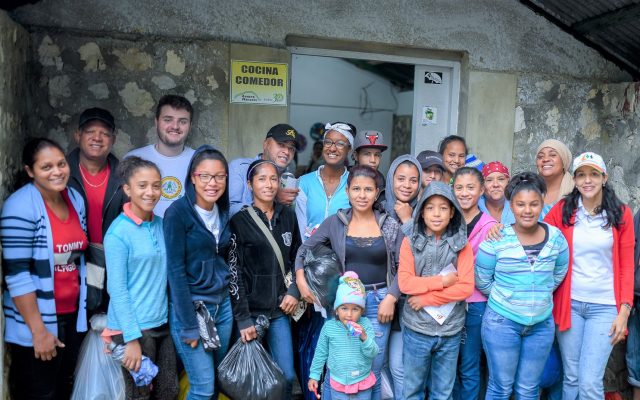 Latin America
Latin America Dominican Republic
In the Dominican Republic, DGRV works together with AIRAC (Asociación de Instituciones Rurales de Ahorro y Crédito), an association of rural savings and credit cooperatives. At meso level, DGRV supports the staff of AIRAC’s member cooperatives with training (credit risk, good governance, etc.). At micro level, DGRV provides AIRAC with the software “Social Balance” and […]
More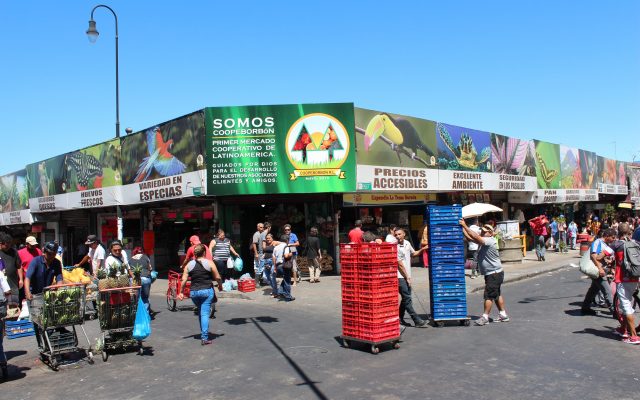 Latin America
Latin America Costa Rica
DGRV project activities in Costa Rica mainly focus on two key areas: We support our partner INFOCOOP, the public cooperative institute, in fostering its supervisory function providing three different softwares for credit union financial indicators, for assessing the internal control systems and performing financial audits of all types of cooperatives. INFOCOOP is also advised by […]
More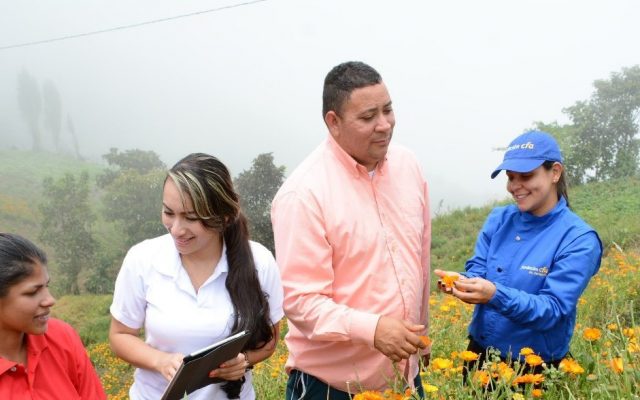 Latin America
Latin America Colombia
The German Confederation of Cooperatives (DGRV) and its Colombian counterpart CFA Foundation have developed the “Apoyamos – Buen Vivir Rural, We Support, Good Rural Living” Project. This initiative seeks to foster a renewed appreciation for rural life, encouraging communities and small-scale farmers to take the lead in their own development and prosperity. The project’s strategy […]
More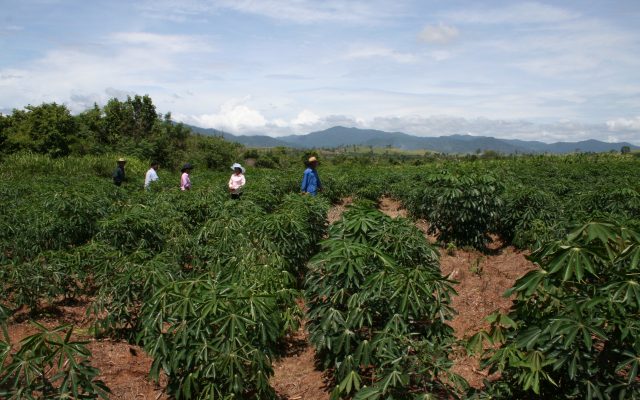 Asia
Asia Cambodia
With its country-wide programme in Cambodia, DRGV aims at promoting a functioning, multi-level cooperative system that enables cooperatives, and very specifically their farmer members to improve their individual economic situation. By promoting cooperative self-help, the project contributes to improving economic and social structures, strengthening civil society and reducing poverty. In Cambodia, DGRV is following a […]
More Asia
Asia